Following the footsteps of France, Holland has implemented new regulations on Extended Producer Responsibility (EPR) for manufacturers and importers of clothing and textiles.
The EPR for textile regulations, which came into effect at the beginning of 1st July 2023, places the responsibility on producers to establish an appropriate collection system for recycling and reusing clothing and household textiles. Additionally, they will have to finance the entire waste management system.
Before this, EPR rules for textiles in Europe were only in place in France and voluntarily in Belgium.
This move means that not only producers and importers but also retailers and brands in the fashion industry will now share responsibility for the waste management of the products they market, following the producer responsibility principle.
The legislation applies to all parties involved in putting clothing on the Dutch market, regardless of whether they are based in the country. This includes brands, manufacturers, and retailers who bring textiles to the market for the first time.
Even textile manufacturers outside the Netherlands, including online providers, are subject to the EPR if they supply textiles to the Dutch market. They must appoint a legal representative based in the Netherlands to ensure compliance with the EPR obligations.
The introduction of Extended Producer Responsibility is a significant step towards promoting circularity in the fashion industry, encouraging better recycling and reuse of textiles. The Ministry of Infrastructure and Water Management has taken this initiative to involve all stakeholders.
As of July 1, 2023, manufacturers of consumer clothing, household linen, and workwear that introduce their products to the Netherlands will be responsible for the collection, recycling, reuse, and waste phase of these products.
This legislation will also take the load off the local municipalities, which were in charge of collecting discarded clothing and textiles from residents, but now, the responsibility falls on the textile producers themselves.
Additionally, producers are required to incorporate recycled raw materials into their products. The law prescribes specific percentages of the weight of textiles sold that must be made suitable for reuse and/or recycling, reuse, reuse in the Netherlands, and fiber-to-fiber recycling.
The government’s goal in implementing EPR is to have 50% of textiles released on the Dutch market recycled by 2025, with a target of 75% by 2030. Currently, only 35% of all textiles are recycled. Each manufacturer must meet these recycling percentages and provide proof of compliance.
Under the new regulations, producers must provide a suitable and year-round collection system for textile products, without restricting it to areas where it is most cost-efficient. Furthermore, the collection system should be free for those wishing to dispose of their textile products.
As a result of these new regulations, consumers now have the option to hand in their textiles at designated collection points, thereby promoting reuse rather than simply discarding them. The more the collection system is utilized, the greater the positive impact on the environment.
Wrapping Up
Many countries worldwide have already implemented Extended Producer Responsibility (EPR) for manufacturers of plastic waste, and this extension for clothing and textile will also see other countries following suit.
We have to wait and see how this legalization transpires, but it is definitely a step toward reducing environmental waste and landfills.

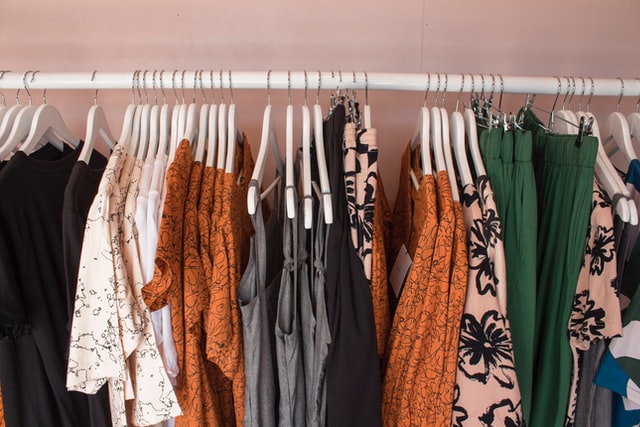
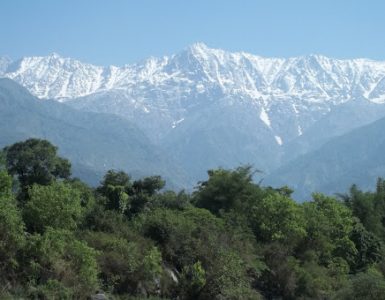
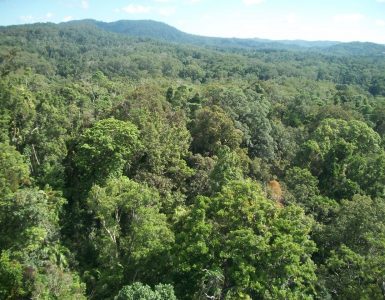
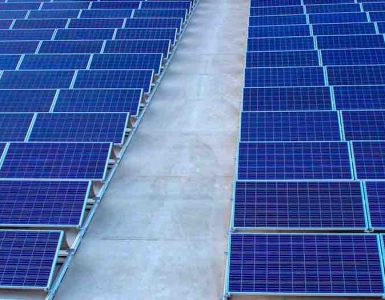
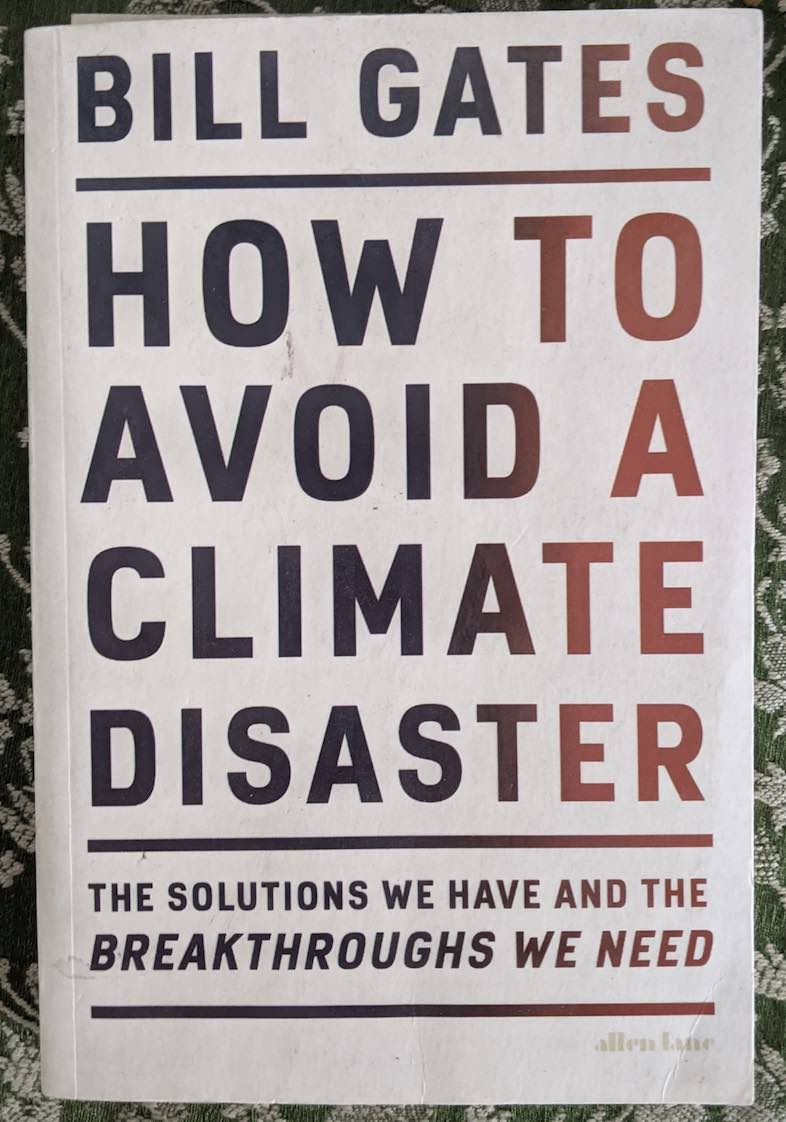

Add comment